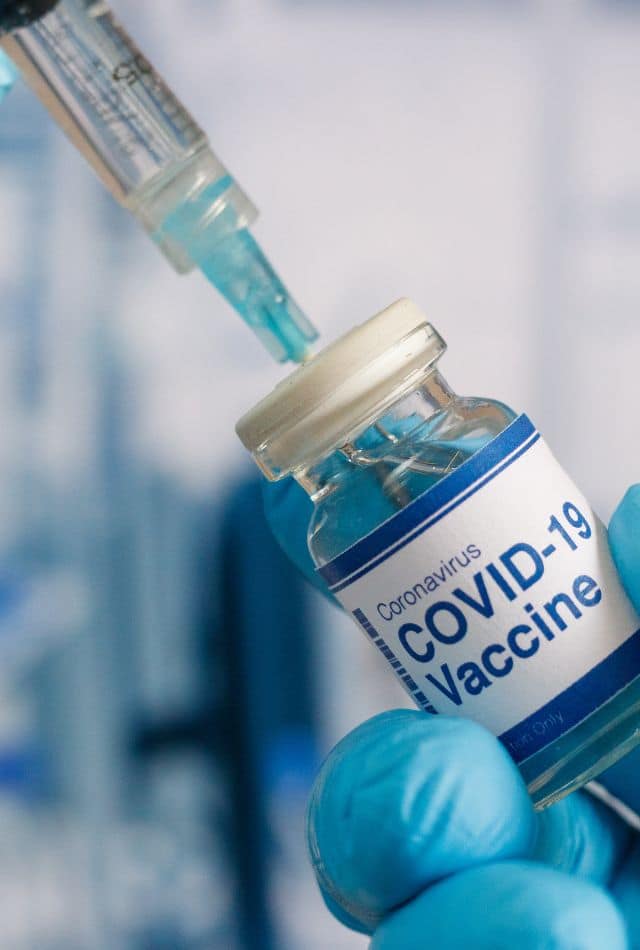What is Medical Exemption? – Overview
A medical exemption, also known as a medical release or medical waiver, is used to avoid imposing any health-related regulations that a person could otherwise follow.
Individuals seeking exceptions must provide documents from a medical professional for a medical exemption. That document must mention why that person cannot comply with the conditions of any particular rule.
Every agency and program has different guidelines about when you can request a medical exemption.
Workplace Testing and Medical Exemption
A medical exemption can be used in both personal and workplace scenarios. If someone is unable to work due to some health issues or physical and mental disabilities, they can file a medical exemption to seek some social benefits.
Employees unable to meet the program’s goal due to a medical condition may be exempt from participating in a workplace wellness program.
For example, if someone has a genetic disorder that prevents him from losing weight, he can have an exemption from a workplace weight loss program.
Why Do Some People Require Medical Exemption from Vaccination?
All 50 states, Washington D.C., and U.S. territories require children to be vaccinated before entering school or childcare institutions.
According to the Centers for Disease Control and Prevention, they have this law to increase the vaccination rate and reduce vaccine-preventable diseases.
The Public Health Law Program says these laws apply to every private school, public school, and daycare. If you want your child to attend school, vaccinate them first.
However, some children may have contraindications to vaccination due to health issues. They can claim a medical exemption from vaccination. They do not need to show any vaccination history to get admission to school or daycare.
Some children may have certain medical conditions that can cause harmful reactions to specific vaccinations. However, these conditions are extremely rare, but these conditions can lead to severe health risks. The parents of these children can apply for a medical exemption. According to the CDC, these children can receive vaccines once the contraindication is resolved.
Some states can offer temporary medical exemptions that require recertification after a while. Depending on the justification for the claim, some states may also grant permanent exemptions.
What Conditions Can Lead to a Medical Exemption?
Here are a few conditions that healthcare experts often cite to seek a medical exemption –
1. PEG Allergies
Moderna and Pfizer vaccines both contain polyethylene glycol. It can create an allergic reaction in some people.
PEG is also used in a variety of pharmaceutical products. It is always advisable to wait for some time after getting your vaccine to ensure you do not have any allergic reactions.
2. Multisystem Inflammatory Syndrome
MIS (Multisystem Inflammatory Syndrome) is a medical condition mostly found in children. According to the Centers for Disease Control and Prevention, Multisystem Inflammatory Syndrome is a condition that can affect any of the body parts.
It can cause inflammation in the lungs, heart, brain, eyes, skin, kidneys, or gastrointestinal organs in children. The cause of this condition is yet to be discovered. However, it requires medical attention and special care to prevent severe damage.
3. Cancer
Vaccines may not provide the required immune response among cancer patients. Doctors always advise their patients with cancer not to rely entirely on vaccines. They may not have the same protection as other people.
4. Phobia of Needles
While trypanophobia, or the fear of needles, is a concern for some individuals, it typically does not qualify for a medical exemption from vaccines.
What Conditions Can exempt You from the COVID-19 Vaccine

Someone who may have an allergic reaction to any of the COVID-19 vaccine’s ingredients may receive a temporary medical exemption from the vaccine.
Once the allergic reaction is diagnosed, the person must seek help from an allergy specialist. Experts can help these people find a way to deal with their allergies. Once the issue is resolved, the person can receive the vaccine and other preventive measures.
The expert may also recommend a similar vaccination from a different brand to avoid a specific ingredient and prevent an allergic reaction. You must consult your doctor before vaccination and seek their guidance to avoid further health concerns.
Ingredients in the Pfizer BioNTech or Comirnaty vaccine
- Lipids
- mRNA
- Potassium chloride
- Sodium chloride
- Sucrose
- Monobasic potassium phosphate
- Dibasic sodium phosphate dehydrates
List of ingredients in the Moderna COVID-19 vaccine
- Lipids
- mRNA
- Acetic acid
- Tromethamine
- Sucrose
- Sodium acetate
- Tromethamine hydrochloride
List of ingredients in Johnson & Johnson COVID-19 vaccine
- Ethanol
- Sodium chloride
- Citric acid monohydrate
- Recombinant
- Replication of incompetent adenovirus type 26 expressing the SARS-CoV-2 spike protein
- polysorbate -80
- Trisodium citrate dihydrate
- Polysorbate -80
- 2-hydroxypropyl-β-cyclodextrin (HBCD)
Conclusion
The medical exemption is a procedure to avoid any health-related rules due to some medical conditions or healthcare concerns. However, you must have enough evidence from your medical experts to support your claim and receive exemption benefits.
See Also
FMLA Leaves for Foster Child Care